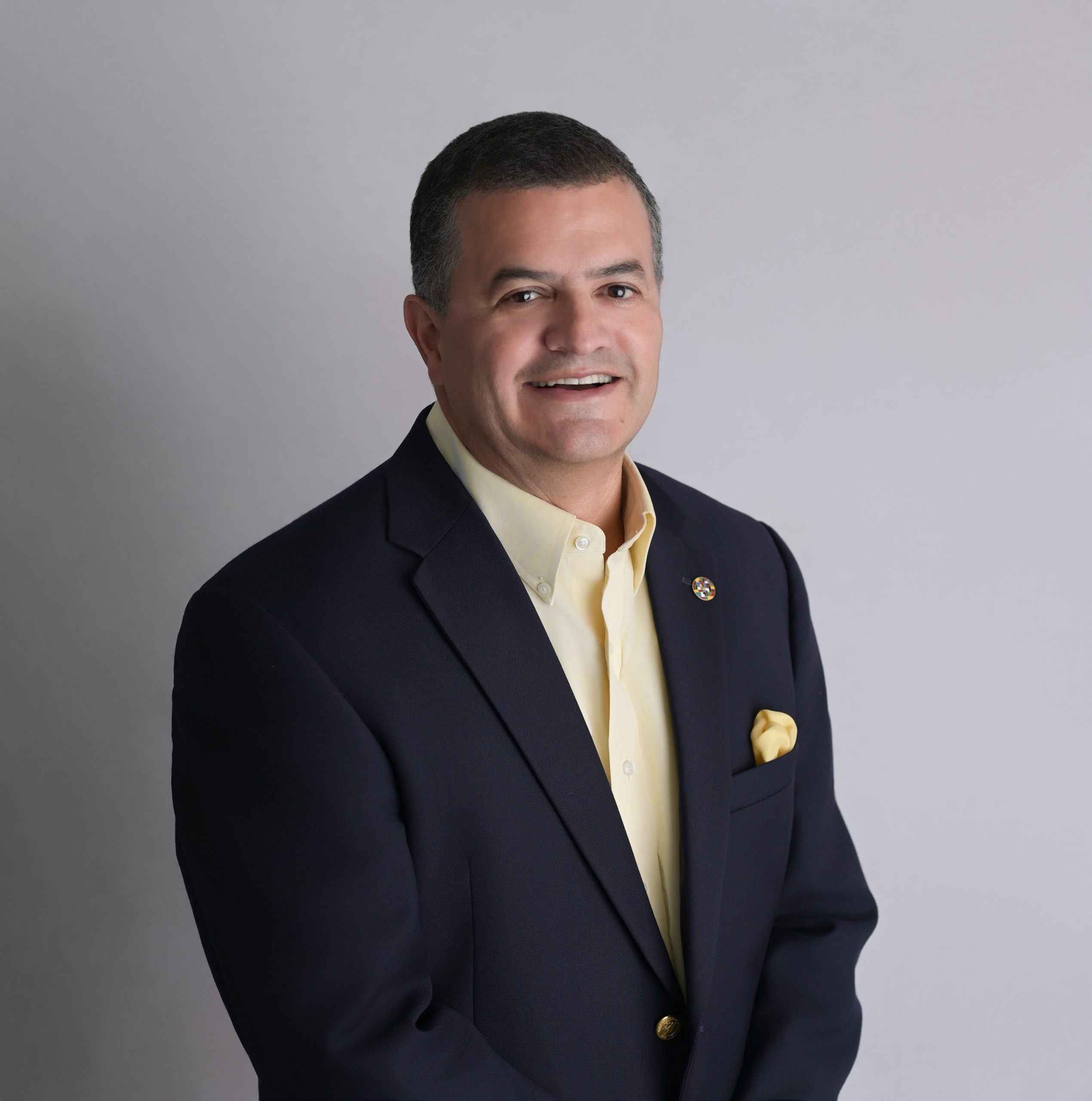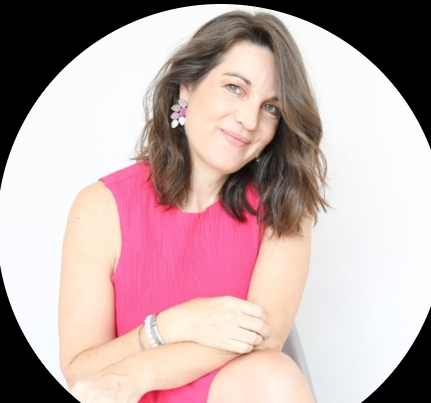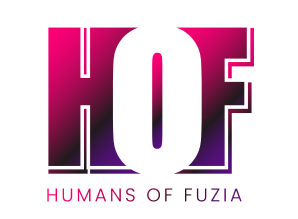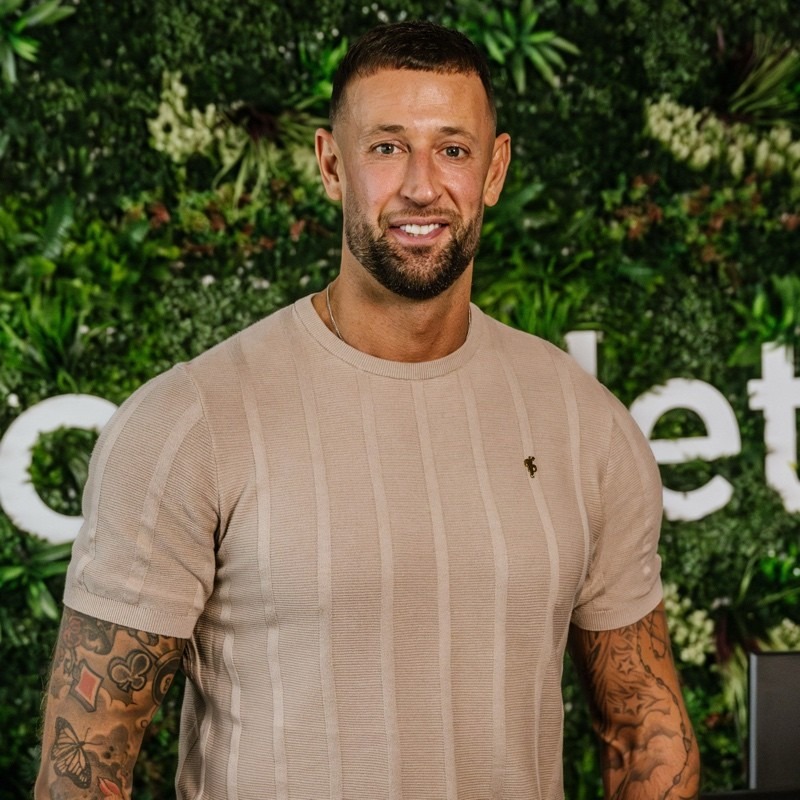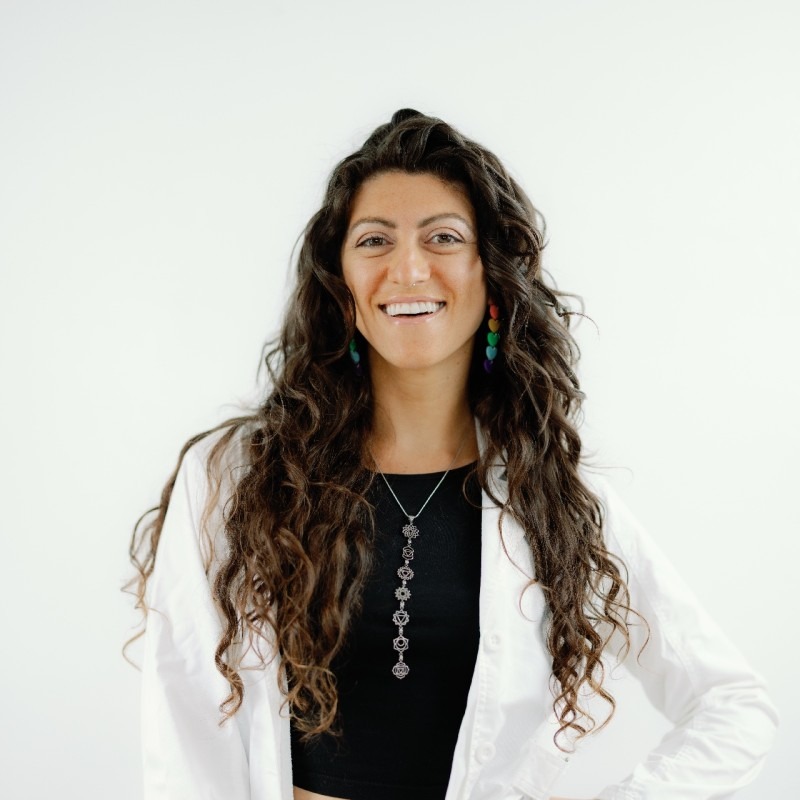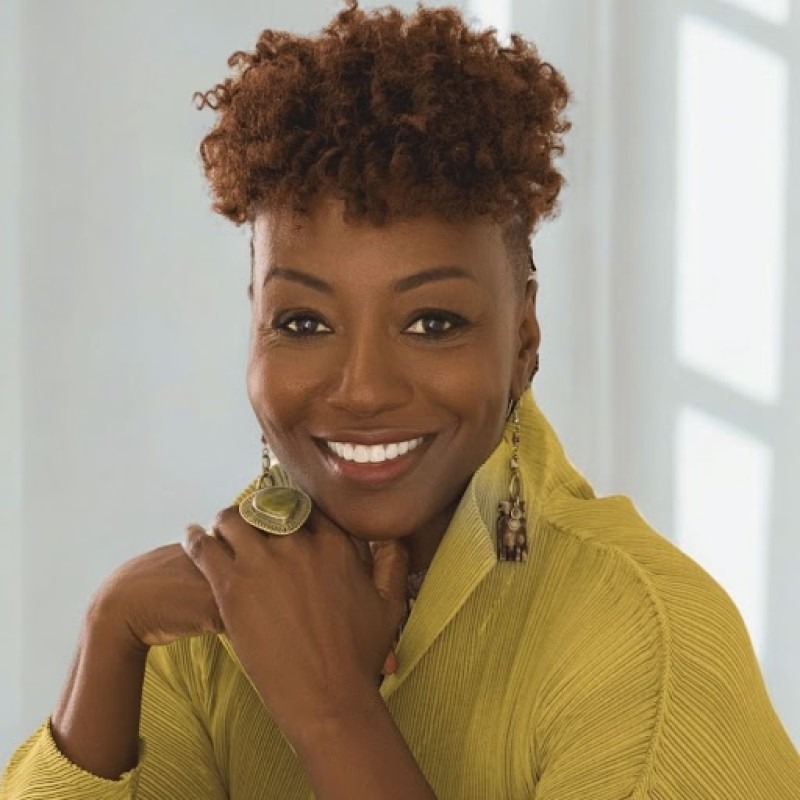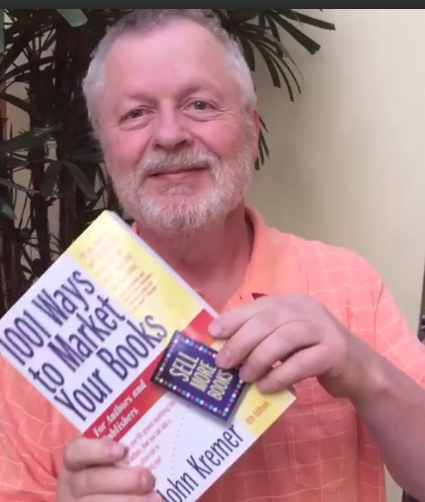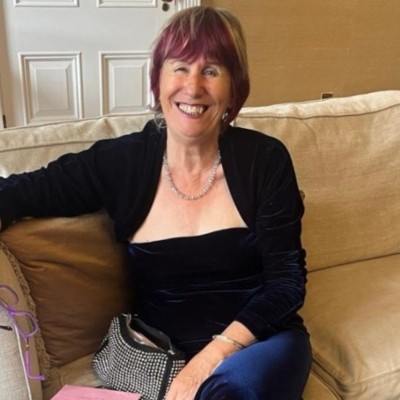Mauricio Velásquez, founder of Diversity Training Group, has dedicated his career to breaking down barriers of bias and prejudice. The son of Colombian immigrants, Mauricio grew up witnessing discrimination firsthand and transformed those experiences into a lifelong mission: helping organizations and individuals embrace diversity, equity, and inclusion. Over the past 30 years, he has trained leaders across 70 countries, written books on tackling toxicity, and created impact in workplaces worldwide. Humans of Fuzia is featuring him to share his journey of resilience and purpose—one that will inspire our 5 million–strong community to keep championing the mission of He for She and She for She.
Q: Mauricio, what inspired you to start working in the field of diversity, equity, and inclusion (DEI)?
I grew up as the son of immigrants from Colombia. From an early age, I saw hate, bias, and prejudice—things I couldn’t understand. At the University of Virginia, diversity was scarce, but later at George Washington University, I was surrounded by students from 160 countries. That contrast made me realize how critical it is to study and address bias. I found myself asking: What field directly tackles these issues? The answer was diversity and inclusion. That became my life’s work, and 30 years later, I’m still deeply committed.
Q: What kind of impact does your work create for organizations?
At its core, my work is about three questions: Am I aware of my own biases? Do I know how they affect others? And do I understand how others perceive me? When people become more self-aware, they become better leaders, parents, and colleagues. That leads to higher employee retention, stronger engagement, and healthier workplaces. Beyond DEI, I focus on psychological safety, trust, and emotional intelligence—what I call “advanced DEI.” These skills transform not just organizations, but also individuals on a personal level.
Q: Many entrepreneurs struggle with self-doubt or imposter syndrome. Did you ever face this?
Interestingly, I didn’t. I had mentors who prepared me well, and I studied the best practices in my field. I learned from others, adapted, and constantly refined my skills. But for those who struggle with imposter syndrome, my advice is: don’t let bias or doubt define you. Stand tall, keep learning, and put yourself out there. Speak, present, get feedback, and improve. Confidence grows with preparation and practice.
Q: You mentioned starting your business on a houseboat. Can you share that story?
Yes! My first office was actually on a houseboat in Baltimore’s Inner Harbor. My rent was $300 and my mortgage was $220, so for just $520 a month, I covered housing and office space. Keeping my overhead low was critical in the early years. It wasn’t glamorous, but it allowed me to reinvest in my business and grow without the burden of heavy expenses. It’s a reminder that entrepreneurship often requires creative solutions and resilience.
Q: What challenges did you face in building your business?
Several. First, age bias—I was young in a field that often values seniority. Then, like many entrepreneurs—especially minorities and women—I struggled with access to capital. No banks would lend me money, which is partly why I chose the houseboat route. And, of course, there were toxic bosses and difficult clients along the way. But I see those hardships as fuel. They pushed me to start my own firm and prove that I could build something better.
Q: How do you define success today?
For me, success has never been about becoming a billionaire. It’s about being paid to do what I love while making a difference. I own my office, get to travel, and often bring my family along. I’ve embraced a four-day work week for almost a decade now, which gives me more balance. Ultimately, success is being content with enough, giving my kids an education without debt, and leaving a legacy through my work and writing.
Q: Speaking of legacy, what do you hope to leave behind?
My legacy lives in my book, Tackler Talks, my training sessions, and the recordings that will continue to be used long after I’m gone. I recently donated copies of my book to local libraries, and knowing that anyone in my community can access it feels meaningful. More than anything, I hope people remember me as someone who stood for fairness, who helped workplaces and individuals see each other with more understanding and respect.
“My advice is simple: don’t let bias or doubt define you. Stand tall, work hard, and always keep learning. That’s how real change—personal and global—begins.” – Mauricio Velásquez
Connect with Mauricio Velásquez: Website
LinkedIn– https://www.linkedin.com/in/mauricio-velasquez-mba-3723b8/
Want to be featured? If you’d like to share your story in the Humans of Fuzia series, email us at fuziatalent@fuzia.com.



